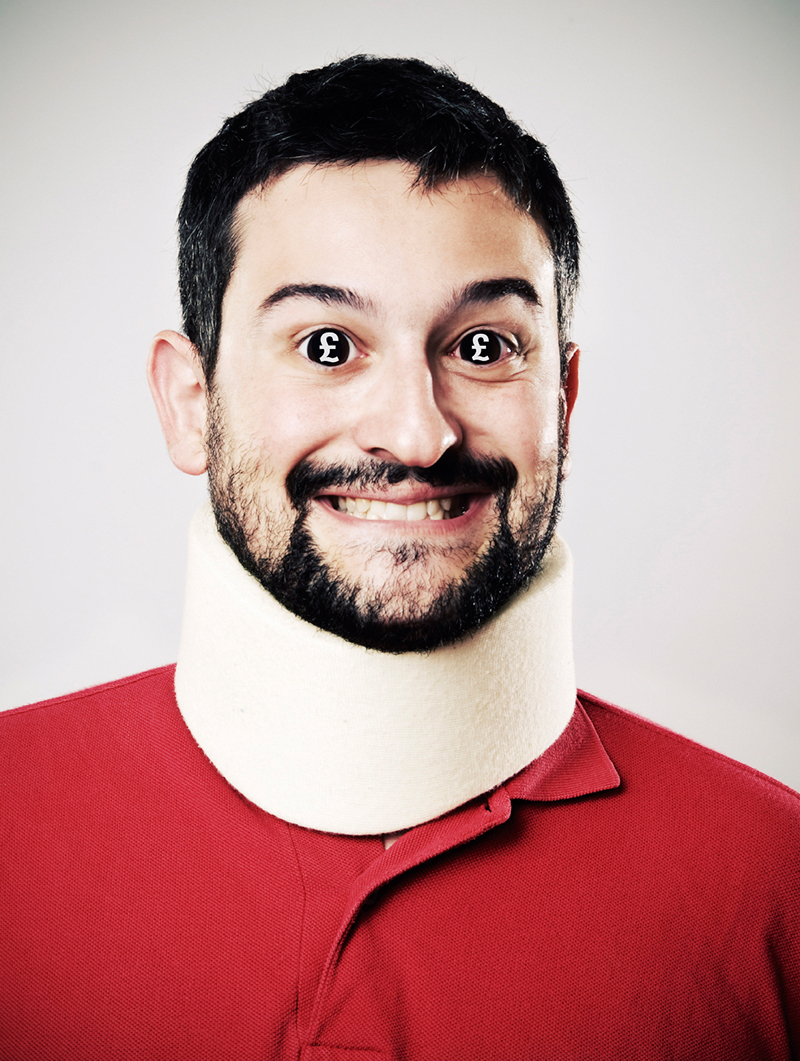
How should courts approach personal injury claims where fraud is alleged? David Sawtell reports
Fraudulent personal injury claims are hard to detect. It is even more difficult to prove their falsity. The medical evidence is often based on the claimant’s own account to the experts and is generally unsupported by any objective data. The vehicles involved in “cash for crash” claims might be repaired before the defendant insurance company has had an opportunity to examine them (if, in fact, any collision took place). Repair invoices and credit hire agreements might not be worth the paper they are written on. Given such difficulties, it is often tempting to allow suspicion to masquerade as evidence. The Court of Appeal has reminded trial judges that they must not approach cases where fraud is alleged with undue cynicism.
Hussain v Hussain
Despite their names, the two drivers involved in Hussain v Hussain and Anor [2012] All ER (D) 224 (Oct), [2012] EWCA Civ 1367 were not related. On 7 January 2009 the defendant driver drove into





.tmb-mov69x69.jpg?sfvrsn=961ae4db_1)
95ca96e3d47f4eff8d147c4f0df17c77.tmb-mov69x69.png?sfvrsn=3db5d86b_1)

